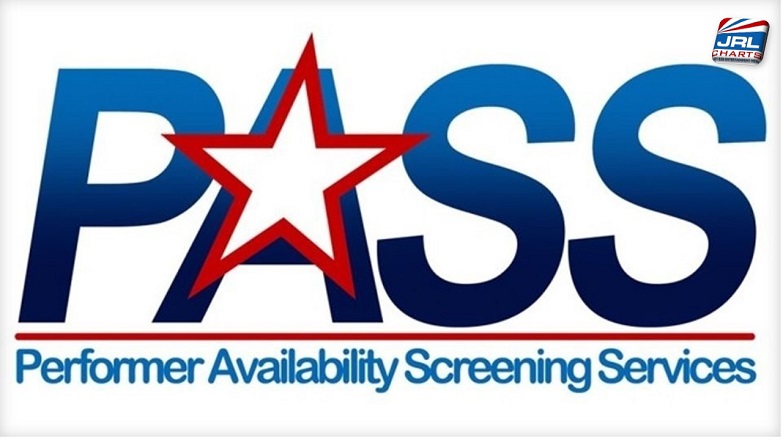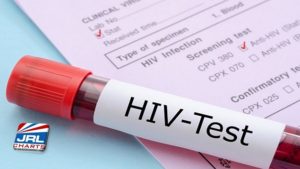LOS ANGELES, CA — (03-11-19) — FSC-PASS has been made aware of a sexually transmitted infection (STI), Mycoplasma genitalium, that is rarely tested for in the US but may be increasing in prevalence.
Given the available data and screening guidelines from the CDC and other institutions, we do not at this time believe that it is a serious threat to the performer pool, but we want to provide information to performers as to how to best protect themselves.
What is it?
Mycoplasma genitalium, or M. Gen for short, is a bacterial infection that can be transmitted through sexual contact with mucous membranes. It primarily affects tissue of the penis and vagina, though oral and anal infection is possible (albeit rare).
What are the symptoms?
M. Gen has symptoms similar to Chlamydia, including inflammation of the pelvis, vaginal bleeding, painful and/or burning urination, and/or discharge from the urethra. People have also reported itching and general discomfort in their genitals, similar to a yeast infection. However, like most STIs, it might not present any symptoms. Left untreated over time, it could potentially harm reproductive organs.
Diagnosis
The biological makeup of M. Gen makes it difficult to diagnose and treat; however, it is curable. Cutting Edge Testing is able to test for M. Gen with a urine sample upon request for $25, with a turnaround time similar to a standard panel.
What to expect if you are diagnosed
Treatment is typically a course of antibiotics, similar to other bacterial STIs. Due to possible antibiotic resistance, retesting will be required to confirm that the infection has been cured. Performers who have been diagnosed should abstain from sexual contact until they have received a confirmation of a negative test result, which can be anywhere from a week to a month after completion of the treatment regimen.
What is FSC PASS doing?
FSC PASS is working with medical professionals and PASS affiliated testing centers to monitor current research and make sure diagnostic tests are available. FSC is assessing risk and will discuss whether M. Gen will be added to the mandatory panel at the next PASS advisory meeting, anticipated for early April.
If you think you have been exposed to M. Gen or have been experiencing any of the above symptoms and have been unable to get a successful diagnosis, we recommend talking to your doctor about M. Gen.
Article by: Jack MacNamara, Staff Writer
- REFUGE Official Trailer (2024) Horror Film – JRL CHARTS - April 18, 2024
- Leandro HairyXL Pounds Andrea Novak on Tim Tales - April 18, 2024
- Jeremy Allen White Calvin Klein Undies Spring Campaign Is A Hit - April 17, 2024







